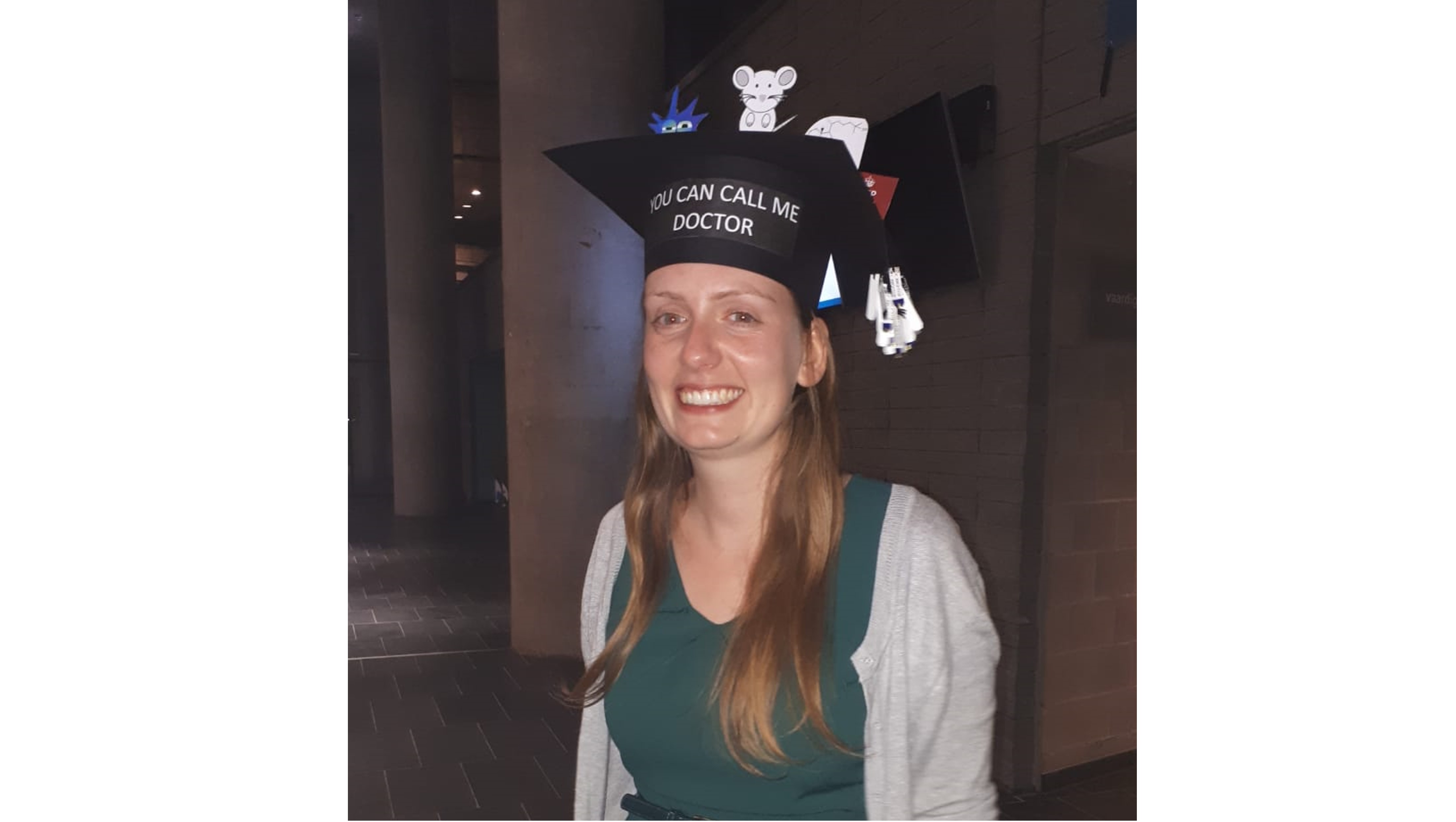
PhD Research Summary - Dr. Vanherwegen
This PhD project investigated how vitamin D3 (1,25(OH)₂D₃) and its analog TX527 modulate dendritic cells (DCs) and T cells in the context of type 1 diabetes. While vitamin D deficiency is linked to increased T1D risk, her experiments demonstrated that an unliganded vitamin D receptor (VDR) does not alter the phenotype or function of dendritic cells, clarifying a long-standing discrepancy.
The work demonstrated that vitamin D can reprogram T cells from both healthy donors and T1D patients into stable, functional regulatory T cells (Tregs), supporting the therapeutic potential of adoptive Treg transfer. In addition, vitamin D was shown to induce tolerogenic dendritic cells (tolDCs) through metabolic reprogramming. The glycolytic enzyme PFKFB4 was identified as a key regulator of this process, driving the expression of tolerogenic markers and cytokines essential for immune suppression.
These findings deepen our understanding of how vitamin D shapes immune tolerance and provide valuable insights to advance the clinical translation of Treg- and tolDC-based therapies for autoimmune diseases such as T1D.
More information can be found via the link.


